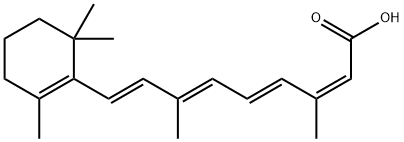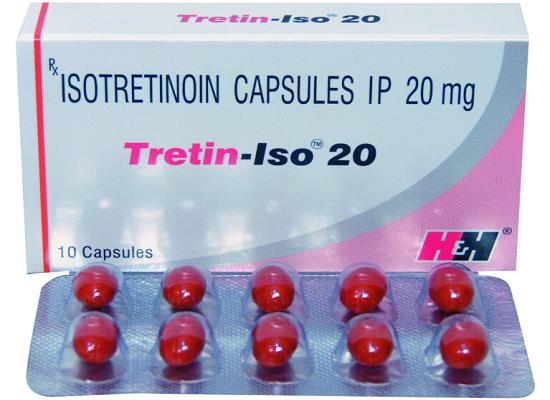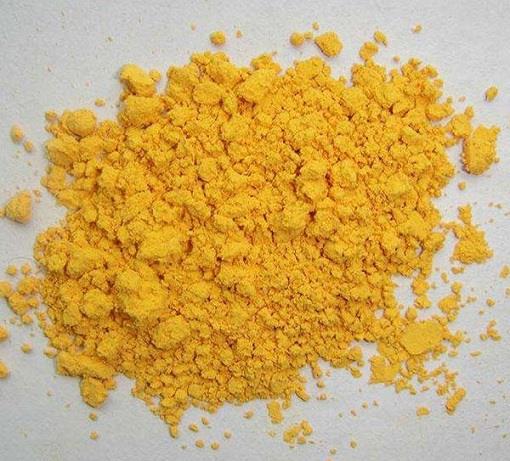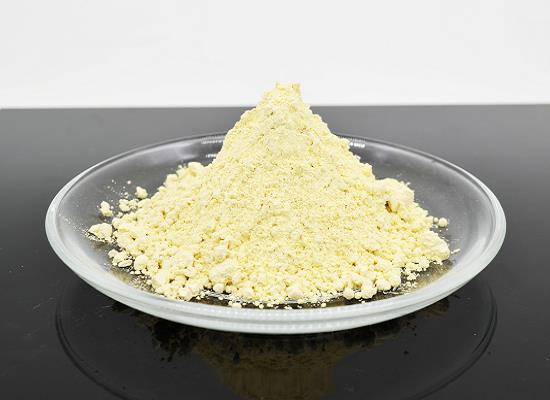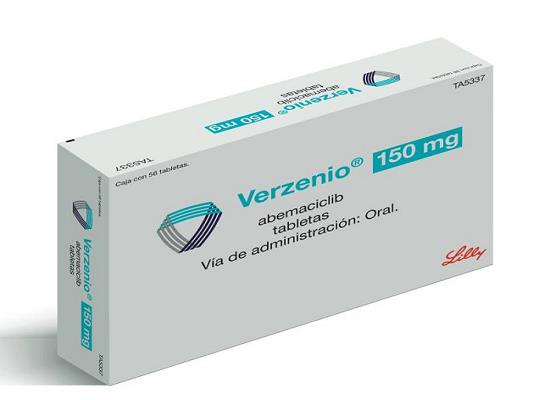Isotretinoin: mechanism of action and clinical applications
General Description
Isotretinoin, a derivative of vitamin A, is a powerful anti-inflammatory agent. Isotretinoin is an effective medication for treating various skin diseases. Its mechanism of action involves suppressing inflammation, regulating cell growth, reducing sebum production, and inhibiting bacterial growth. It is commonly used for severe acne that doesn't respond to other treatments. Isotretinoin can also be used for non-melanoma skin cancer and condyloma acuminata (genital warts). Overall, isotretinoin's multifaceted mechanism of action makes it valuable in treating a range of skin disorders.
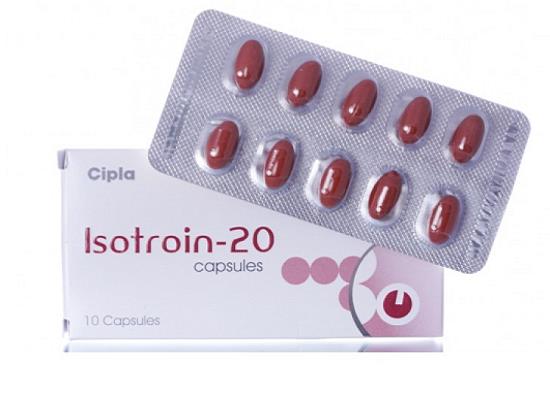
Figure 1. Capsules of isotretinoin
Mechanism of action
Isotretinoin is a potent medication used in the treatment of various skin diseases, and its mechanism of action involves multiple processes that target the underlying causes of these conditions. Firstly, isotretinoin exerts a significant anti-inflammatory effect by suppressing the production of pro-inflammatory cytokines and interleukins, reducing inflammation and tissue damage. This property is beneficial in conditions like acne, psoriasis, and seborrheic dermatitis. Secondly, it regulates the proliferation and differentiation of keratinocytes, promoting cell cycle control and mature cell formation, thus restoring normal skin architecture and reducing hyperpigmentation. Additionally, isotretinoin exhibits antiproliferative effects on melanoma and other skin cancer cells, inducing programmed cell death and inhibiting tumor growth. It can enhance the response to chemotherapy and radiotherapy. Another important mechanism is the reduction of sebum production, which helps control acne and seborrheic dermatitis. Isotretinoin also has antibacterial effects against Propionibacterium acnes, the bacterium responsible for acne, by disrupting the bacterial cell membrane and interfering with metabolism. Overall, isotretinoin's multifaceted mechanism of action makes it effective in treating a range of skin disorders. 1
Clinical applications
Acne
Isotretinoin is primarily used for the treatment of severe acne, particularly nodular and cystic acne that is unresponsive to other treatments. It can effectively reduce lesions, prevent scarring, and improve overall skin condition. The dosage of isotretinoin is adjusted based on the severity of the acne and individual response. Treatment duration typically lasts from a few months to a year. Isotretinoin is available in oral and topical forms. Oral isotretinoin is commonly prescribed for severe acne, while topical isotretinoin is often used alongside other topical acne treatments. It is important to note that isotretinoin can cause side effects, and proper contraception should be used during treatment to mitigate potential health risks. In summary, isotretinoin is an effective treatment option for severe acne but requires careful monitoring due to its side effects. 2
Non-melanoma skin cancer
Isotretinoin is used for the treatment of basal cell carcinoma (BCC) and squamous cell carcinoma (SCC), which are non-melanoma skin cancers characterized by abnormal keratinocyte proliferation. It acts as a chemopreventive agent by inducing cell differentiation, apoptosis, and regulating cell growth. Studies involving 2620 patients have reported the use of isotretinoin at doses ranging from 0.2 to 8.2 mg/kg/day. Most patients were treated for multiple types of NMSC, with notable efficacy seen in BCC and SCC clearance and prevention. Isotretinoin has also been administered in combination with IFNα-2a, calcitriol, or chemotherapy. Further research is needed to evaluate its effectiveness in treating other conditions like keratoacanthoma, leukoplakia, and xeroderma pigmentosum. 3
Condyloma acuminata
Isotretinoin has shown potential in the treatment of condyloma acuminata (genital warts), a sexually transmitted condition caused by human papillomavirus (HPV). It exerts its effects through immunomodulation, inhibiting HPV replication within infected cells. Studies involving 271 patients across nine studies reported positive experiences with oral isotretinoin at doses of 0.5-1 mg/kg/day. Combination therapy using isotretinoin along with subcutaneous interferon (IFN) alfa-nl or -2a, surgical debridement, or topical podophyllin was also investigated. Isotretinoin monotherapy resulted in lesion clearance ranging from 2.5 to 4.1 months, outperforming placebo. However, combination therapy demonstrated superior outcomes, with 96% of patients achieving 64.7-100% lesion clearance compared to 61.72% with isotretinoin monotherapy. Combination therapies also led to shorter treatment durations and lower recurrence rates. The most common side effects observed were dry eyes, skin, or lips, with rare instances of hair loss, fatigue, and joint pain. 4
Reference
1. Bagatin E, Costa CS. The use of isotretinoin for acne - an update on optimal dosing, surveillance, and adverse effects. Expert Rev Clin Pharmacol, 2020, 13(8):885-897.
2. Huang YC, Cheng YC. Isotretinoin treatment for acne and risk of depression: A systematic review and meta-analysis. J Am Acad Dermatol, 2017, 76(6):1068-1076.
3. Bagheri MM, Safai B. Cutaneous malignancies of keratinocytic origin. Clin Dermatol, 2001, 19(3):244–252.
4. Akyol M, Ozcelik S. Non-acne dermatologic indications for systemic isotretinoin. Am J Clin Dermatol, 2005, 6(3):175–184.
Related articles And Qustion
See also
Lastest Price from Isotretinoin manufacturers
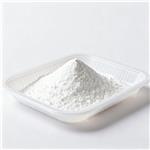
US $0.00/Box2025-10-14
- CAS:
- 4759-48-2
- Min. Order:
- 1Box
- Purity:
- 99%
- Supply Ability:
- 10tons

US $10.00/box2025-09-04
- CAS:
- 4759-48-2
- Min. Order:
- 1box
- Purity:
- 99.99%
- Supply Ability:
- 9999
